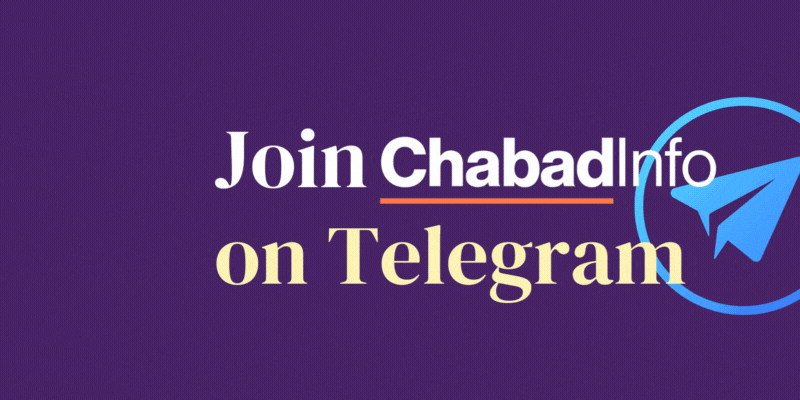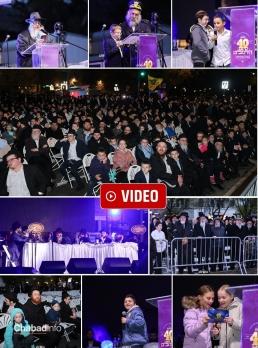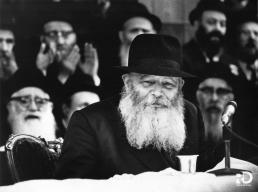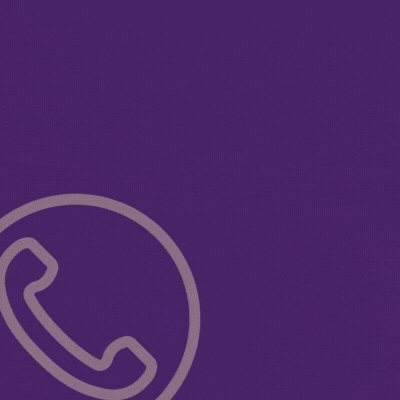Delhi’s Shliach, Most Famous Israeli
The cashier at the restaurant in Delhi’s Main Bazaar drag, ran to grab a copy of the Hindustan Times when I told him I was from Israel. As he excitedly leafed through the pages, I braced myself for him to show me a story about the Prime Minister arriving today. Instead, he proudly held up a full-page story about Delhi Chabad • Full Article
The cashier at the restaurant in Delhi’s Main Bazaar drag, the restaurant that advertised “Israeli” food like hummus and shakshouka, ran to grab a copy of the Hindustan Times when I told him I was from Israel.
As he excitedly leafed through the pages, I braced myself for him to show me a story about Prime Minister Benjamin Netanyahu arriving today. Instead, he proudly held up a full-page story about Delhi Chabad Rabbi Akiva Soundry, who runs a Jewish center just across the overpriced, over-lit, and overcrowded tourist drag, where falafel is as common as aloo paneer.
“Do you know him?” he asked.
Aside from the Israeli Embassy and the hotels where Netanyahu, his wife, entourage, and business delegation are staying, the Main Bazaar has undoubtedly the highest concentration of Israelis in the bustling city. Here, the yellow and green tuk-tuk rickshaws zoom past signs with Hebrew writing at terrifying speeds, and one is as likely to hear Hebrew, German or English as Hindi, especially among the shopkeepers trying to draw the tourists in.
Yet while Israelis are an ever-present part of the shopping strip, lined with cheap textiles stores, Jalebi-wallahs selling their sticky treats, and touristy guesthouses, the arrival of one very important Israeli to the city of 21 million seemed to pass without much more than a blip.
Viqram Sheikh, a loquacious Hebrew speaker who insisted he was a Delhi-born Muslim — he said he picked up the language from the backpackers that inundate the area — had no idea Netanyahu was in town. But he was pleased to hear the premier was looking to expand business ties nonetheless.
“Inshallah, of course I hope he brings more business, why not?” he said, leaning on his sign advertising “Sheikh’s leather goods” in Hebrew. “We are all the same. I am Mizrahi and you are Ashkenazi.”
An Israeli backpacker, who declined to give her name, and said she was nearing the end of her “long” trip here to decompress after her army service, also had not heard the prime minister was visiting.
“Bibi who? Oh Netanyahu,” she said, a sign that she had been away long enough to forget her home country’s politicians.
Netanyahu has played up the importance of the trip — the first by an Israeli premier in 15 years — to boost business and diplomatic ties, but while arms sales between the countries have grown, the relationship has been most fervently marked by a deeply personal bond between the prime minister and his Indian counterpart Narendra Modi. That union was on display during the lovefest between the two when Modi visited Israel in July, and was unmistakable as the two warmly embraced at the airport when Netanyahu stepped off the plane in Delhi early Sunday afternoon.
Yet while Modi’s visit was heavily covered in the Israeli and Indian press, it is not for certain that Netanyahu’s trip is generating the same amount of buzz. Ahead of the trip, Netanyahu attacked the “hostile media” for not covering his trip, and while the comments ignored the press corps that did follow him to India (including me), one cannot help but notice that the gaggle of reporters is somewhat smaller than on his other trips.
In the massive metropolis of Delhi too, the largest city in the world by some counts, what is important in one corner does not necessarily register in another. While in some areas the Israeli delegation presence was felt, thanks to heavily armed soldiers patrolling a wide area around the hotels where Netanyahu and company were staying, and Israeli flags on some flagpoles, in the rest of the city, rickshaws continued to swerve around beggars and shanties without realizing that the symbols resembling the Magen David and swastika on their sides held deep meaning for a delegation making a rare visit to another corner of their fine conurbation.
Mustafa, a textile seller in the Main Bazaar, said he had noticed the Israeli flags, but had not realized why they were here.
“Maybe you can tell the prime minister to come to my shop tomorrow,” he said, possibly only half joking.
Another vendor on the drag, Isaac Chowdhury, tried to sell both Netanyahu and me bus tickets to Agra, when I told him the Taj Mahal would be the next place visited after Delhi. Even if he couldn’t make a sale to either of us, as we will be making the trip by air Tuesday, he still expressed hope that business ties would indeed flourish.
“It’s very good,” he said absentmindedly, scanning the bustling walkway for his next mark.
As I haggled with a rickshaw driver later in the night, he asked me where I was from.
“Israel,” I told him.
“Ah, you might not know this,” he replied. “But your prime minister is visiting.”



190
Join ChabadInfo's News Roundup and alerts for the HOTTEST Chabad news and updates!










































